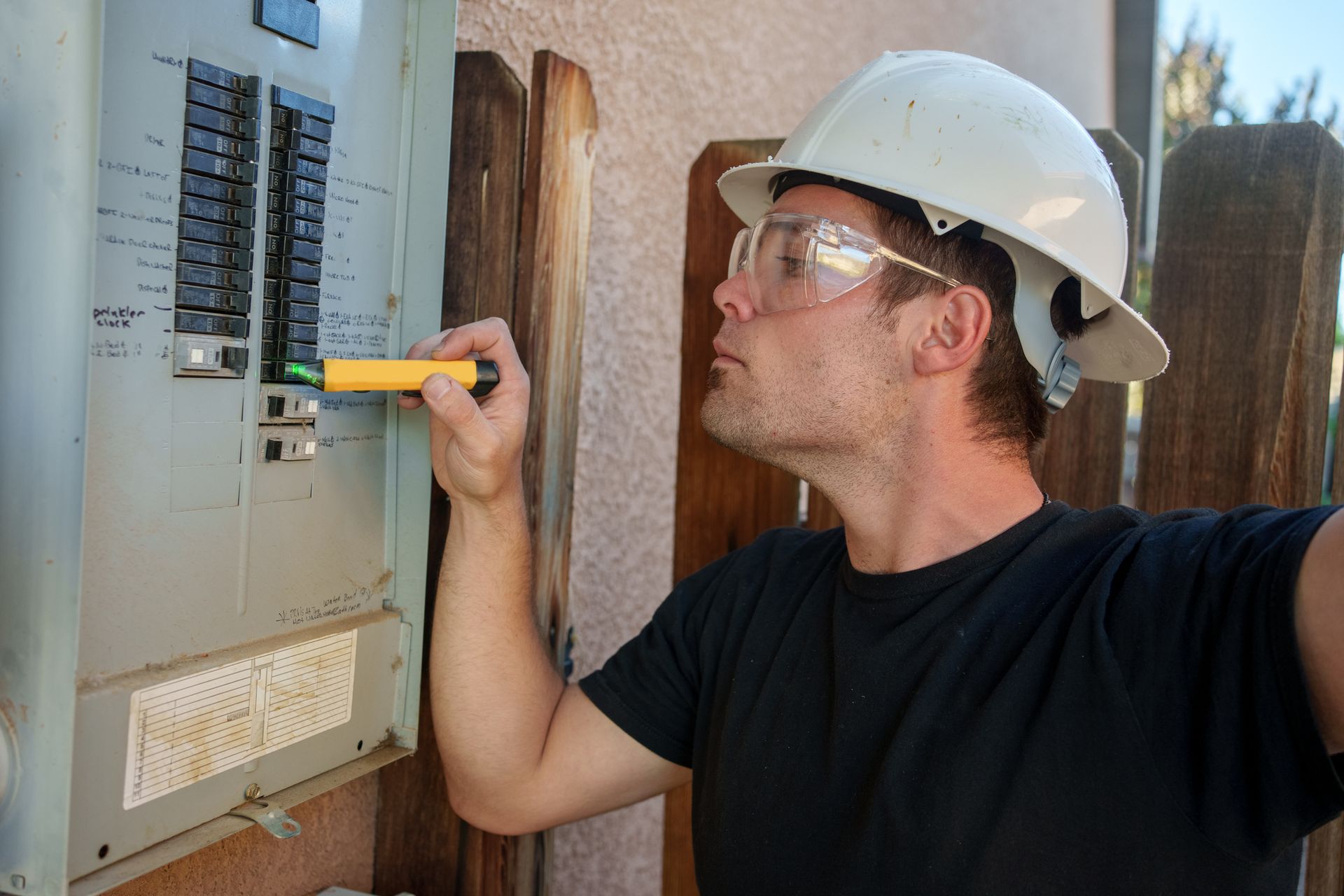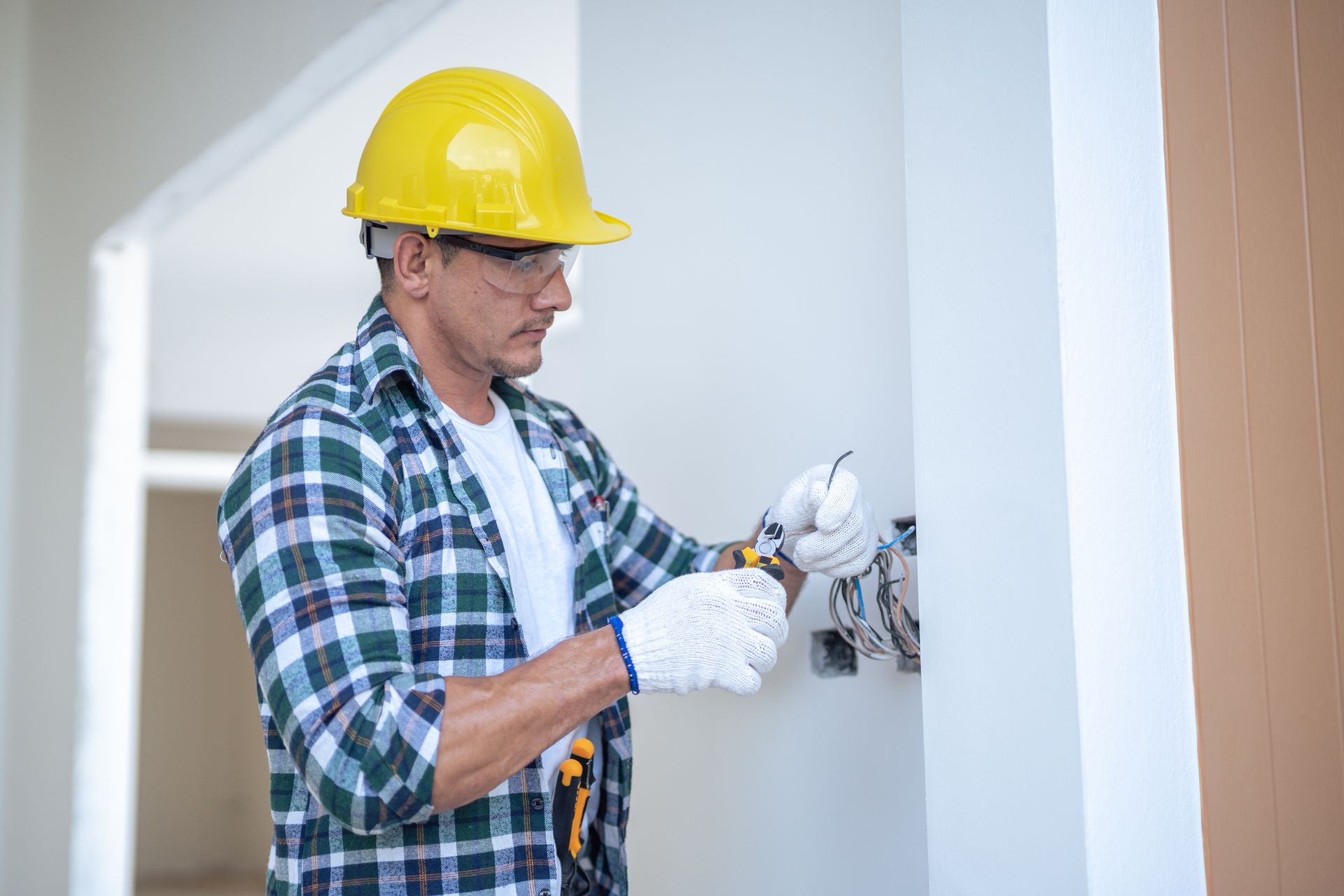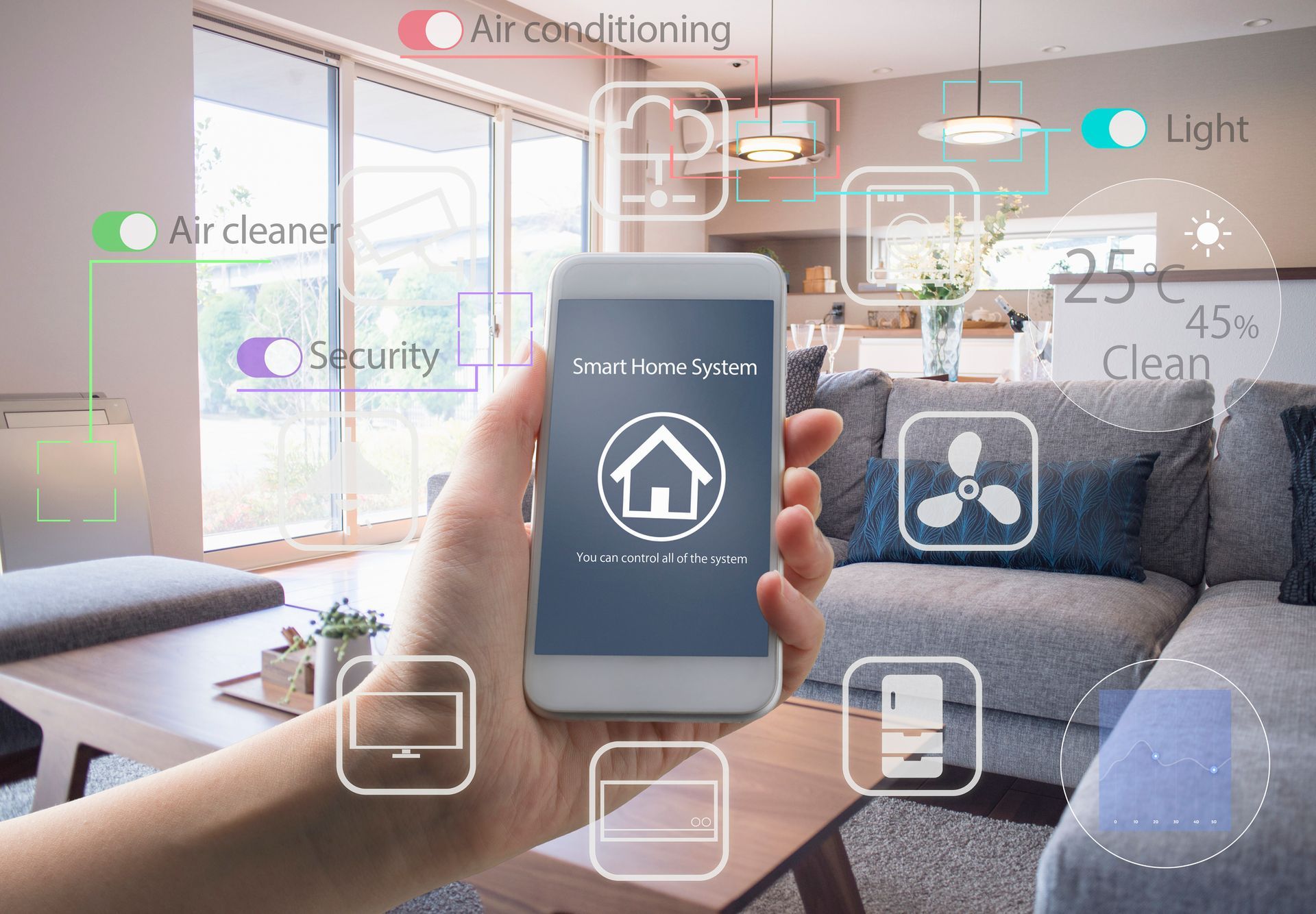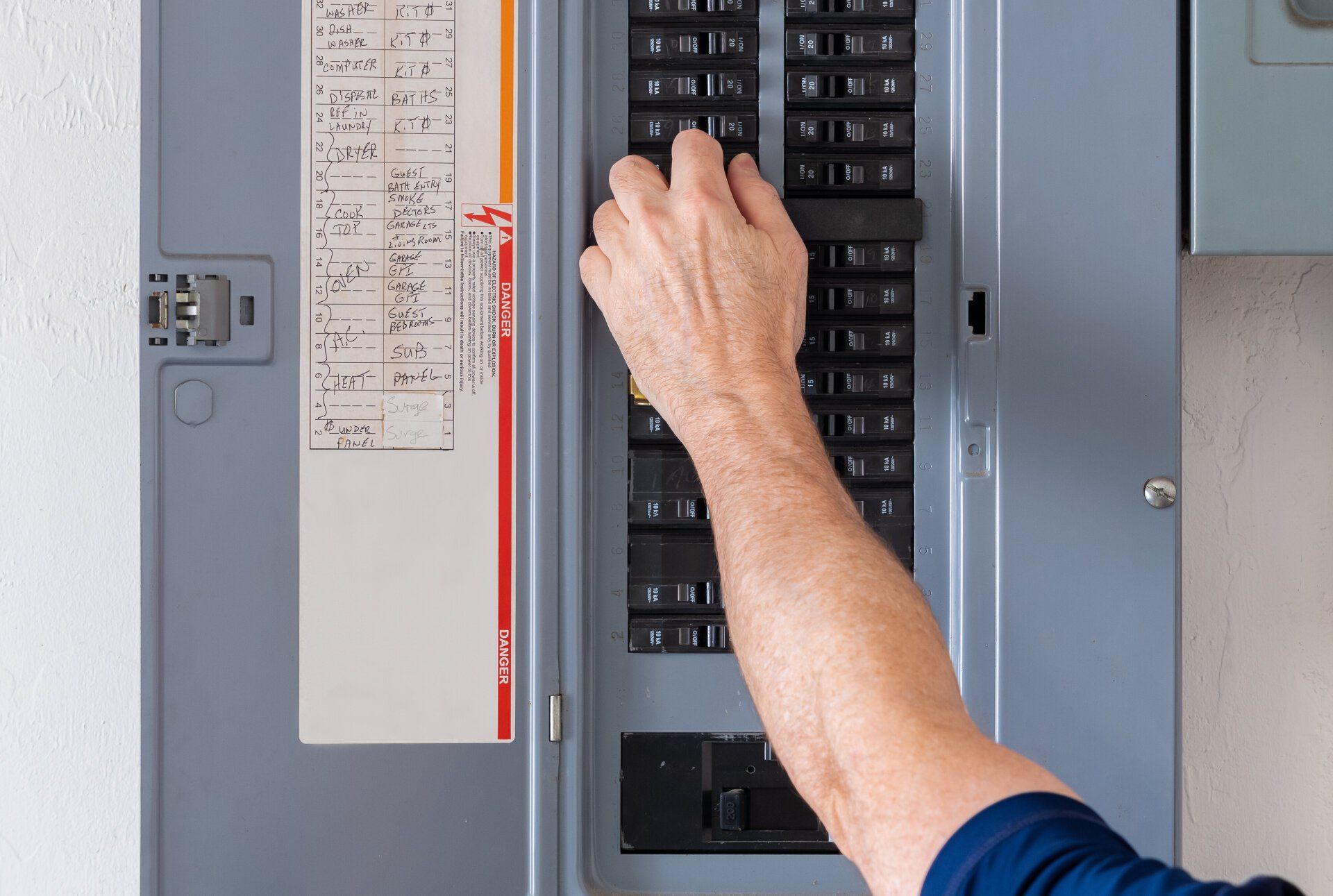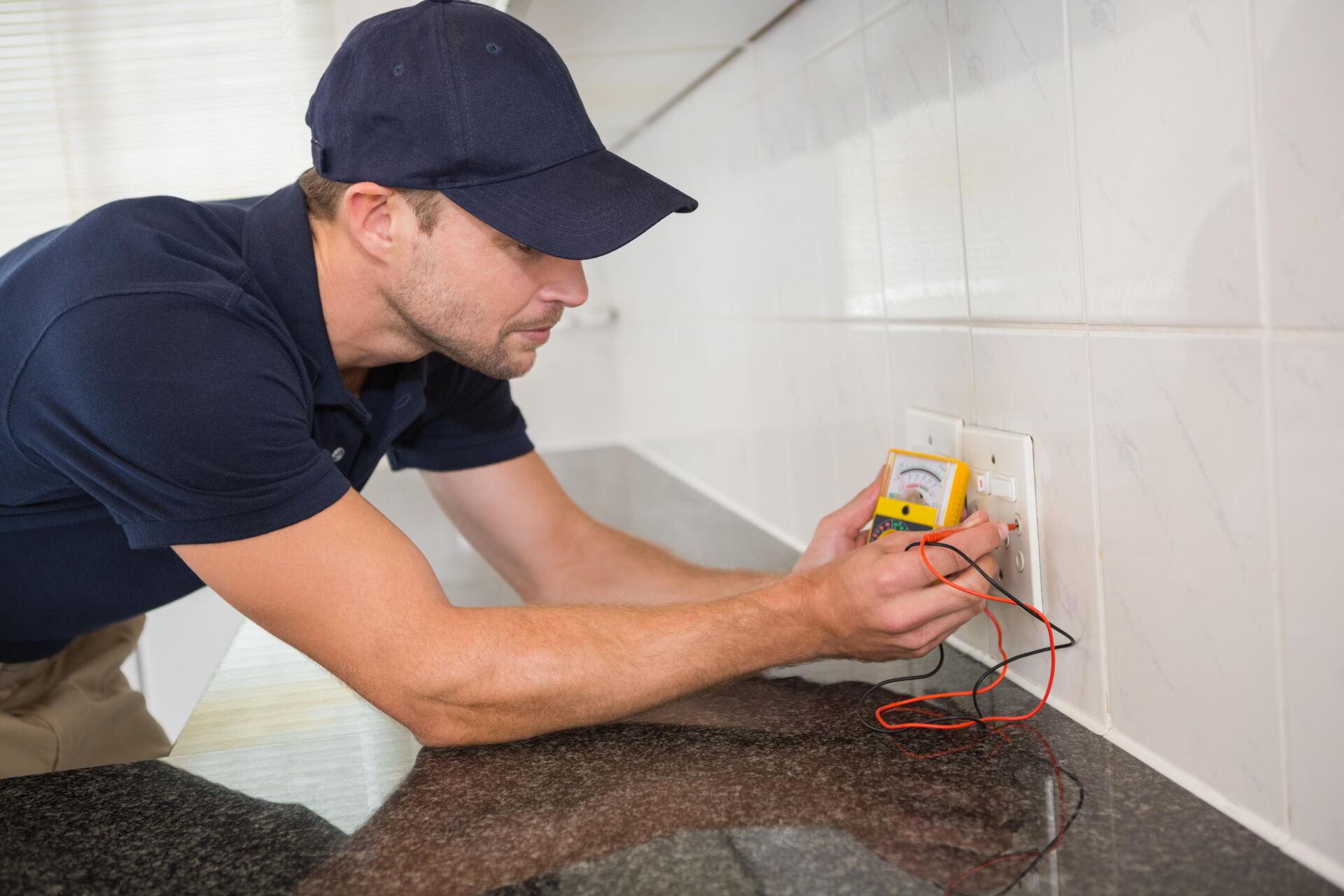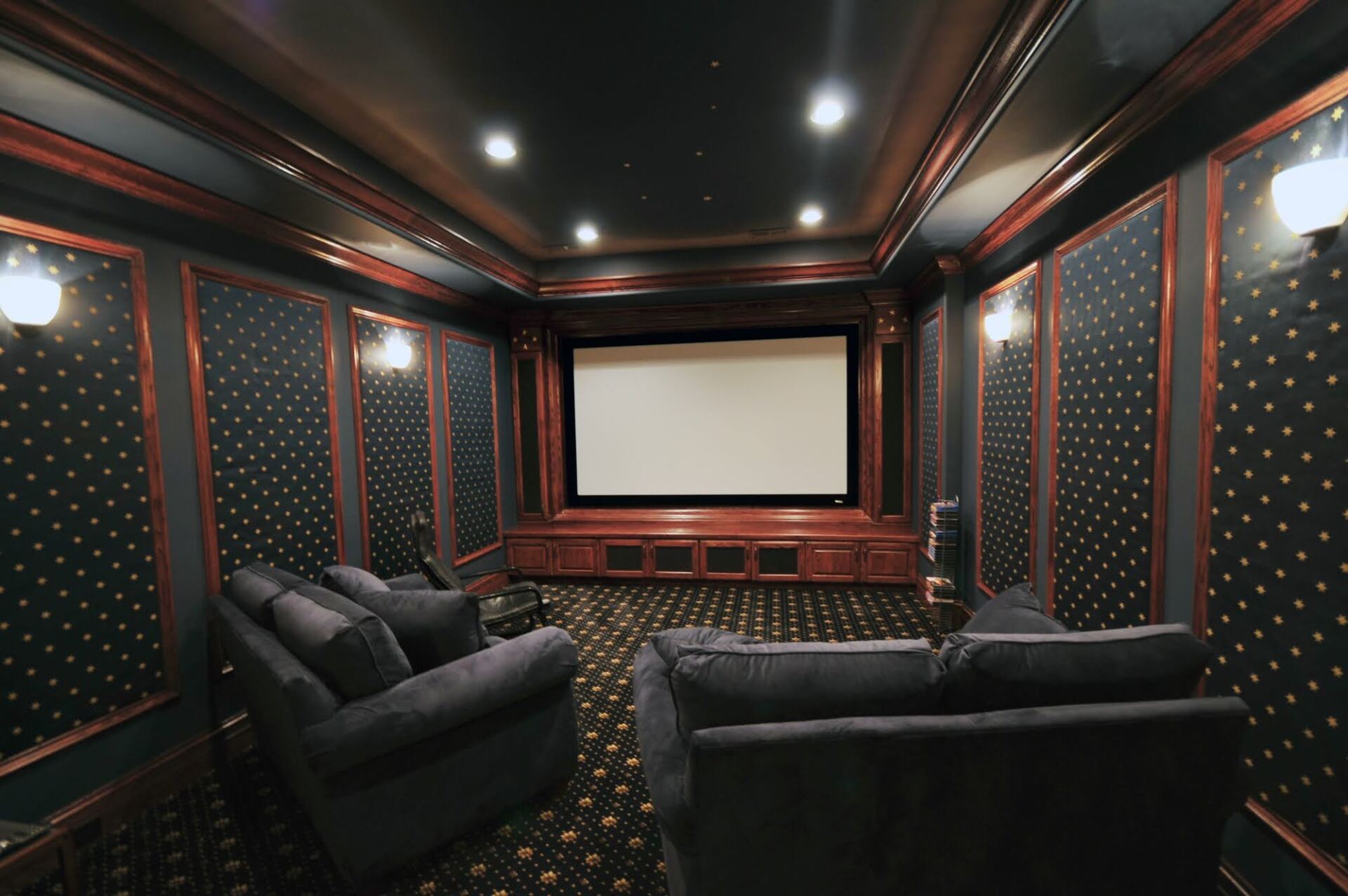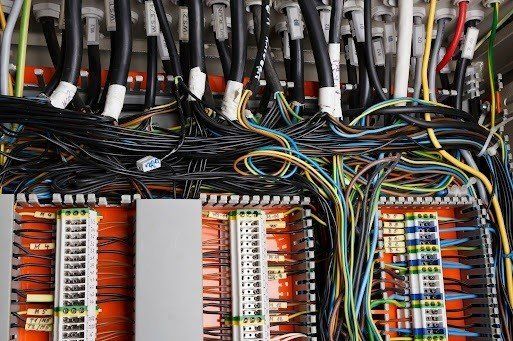4 Cold-Weather Electrical Concerns for Homeowners
From breathtaking snowscapes to winter sports activities, cold weather appeals to many individuals. For some, the greatest pleasure comes from enjoying a warm, cozy home in contrast to the frigid outdoors. However, if you rely on electricity for that comfort, you should understand some potential challenges to cold-weather comfort and safety.
The same natural forces that cover streets with sheets of ice and weigh down tree branches with snow can create problems for your home's electrical system. If you want to keep things warm, bright, and operational in spite of the cold, keep the following four potential problems in mind.
1. Space Heater Safety
Space heaters can generate some welcome additional heat in parts of your home that tend to stay cold despite your furnace's best efforts. An electric space heater can prove safer in some respects than their fuel-burning cousins because they don't emit toxic fumes. However, they can still pose certain dangers.
One potential concern revolves around the exposed electrical heating element in these units, which can ignite objects or people that come into contact with them. When shopping for an electric space heater, choose a reputable model that will switch off automatically if it tips over.
If you drag your space heater out of storage only occasionally, make sure it can still function safely. Check the heater for any signs of damage such as a frayed power cord, which may develop after years of wear and tear (or exposure to the teeth of rats and mice). Keep an unused space heater unplugged.
2. Downed Power Lines
The sheer weight of accumulated winter ice, coupled with the heavy winds of winter storms, can do serious damage to the municipal power lines that feed electricity to your home. In fact, a mere half-inch of ice accumulation can add 1,000 pounds of weight to a power line, causing it to fall onto the ground, driveway, or tree.
If you see a power line hanging from one of your tree branches or lying in your yard, don't touch it or let any member of your family go near it. Even the slightest contact can cause electrocution. Contact the city's electrical service so they can send their professionals out to fix the problem safely.
3. Thermostat Frustrations
Your thermostat serves as the interface between your home's climate control system and its human inhabitants. If you've grown accustomed to getting the expected results whenever you turn the thermostat up or down, you might not suspect a faulty thermostat as the underlying cause of your chilly home in cold weather.
In the worst-case scenario, your thermostat may completely stop communicating with your furnace system, leaving you unable to change the ambient temperature at all. In other cases, an aging or damaged thermostat may fail to sense temperatures accurately, causing the heat to come on or switch off at the wrong times.
A malfunctioning thermostat may cause your heater to short cycle, switching on and off so frequently that it sustains damage. If you believe that your thermostat has developed a problem, ask your electrician to examine it and then either make repairs or simply replace the entire unit.
4. Frequent Outages
Cold weather often compels homeowners to pour on the power. In addition to your efforts to keep your house nice and warm, you may also spend much more time at home (and operating your electric devices) if winter conditions make a work commute impossible. This extra usage can strain your electric panel, promoting outages.
If you find yourself replacing fuses or fiddling with your circuit breaker on a regular basis, you may need a more powerful electrical panel than you currently have. Electric lights that flicker may also indicate an insufficient or failing panel. Your electrical technician can evaluate the panel and replace it with an upgrade if necessary.
Central Electric can help you keep the lights on and your home comfortably warm in cold weather by addressing any electrical challenges you may face at this time of year. Contact us to learn more and schedule our electrician services.

